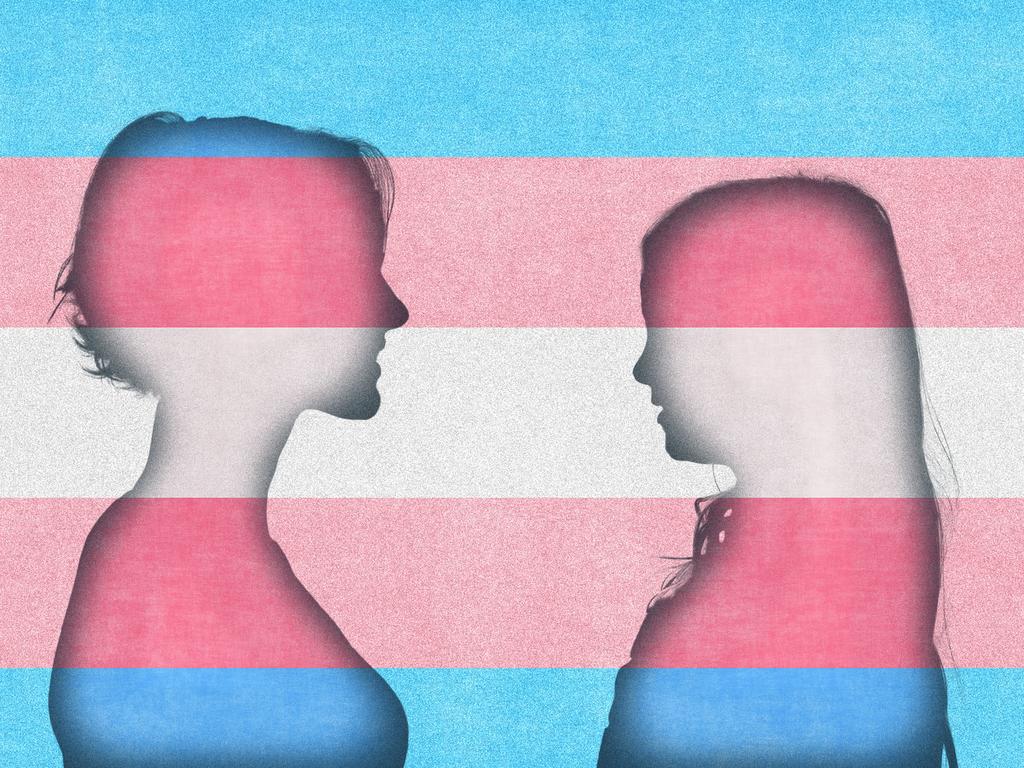UK puberty blocker ban rejected here
Australia remains unlikely to follow the UK’s indefinite ban of puberty blockers for people aged under 18, after the government there formalised emergency measures introduced in March.

Australia is unlikely to follow the UK’s lead in formalising a ban on the use of puberty blockers for young people with gender dysphoria.
The UK government said the change was prompted by safety concerns around the use of the drugs in people aged under 18, but that’s not the view of peak body the Australian Professional Association for Trans Health.
“Puberty blockers have been used for a number of years for kids who have early puberty,” chief executive Ashleigh Lin said.
“What’s really interesting about the ban is that they’ve banned it only for transgender children. For me, that just shows it’s driven by motivations other than basically just the safety.”
Under the UK rules, puberty blockers will only be available to people with gender dysphoria under the age of 18 as part of a clinical trial. Critics have raised concerns there is not enough data to show the safety of medicalised interventions such as puberty blockers in people under 18.
In announcing the changes, UK Health and Social Care Secretary Wes Streeting also flagged a new study.
“We are working with NHS England to open new gender identity services, so people can access holistic health and wellbeing support they need,” he said. We are setting up a clinical trial into the use of puberty blockers next year, to establish a clear evidence base for the use of this medicine.” While details of the UK trial are not yet clear, AusPATH said it did not support randomised controlled trials for puberty blockers and would be against such studies happening here.
“What we do rely on is very good, strong longitudinal evidence we were able to track young people over their time, from before they start their blockers to after they have matured somewhat, and we can track what their mental health looks like,” Professor Lin said.
One major longitudinal study is under way in Australia, led by Associate Professor Ken Pang, a consultant pediatrician and biomedical researcher associated with the Murdoch Children’s Research Institute.
“Trans20 is one of the most comprehensive clinical cohort studies focused on the wellbeing of transgender children and adolescents in Australia,” he said.
“We are currently in the process of analysing data to compare outcomes for those young people who have received and not received gender-affirming medical treatments. We are looking forward to publishing our findings and, in doing so, addressing important questions in the field of transgender health.”
The UK ban is the result of the Cass Review, released in March, which recommended puberty blockers be restricted to research trials, and masculinising and feminising hormones be used with “extreme caution” in people between the ages of 16 and 18.
It also recommended gender-affirming care be multidisciplinary and centred on mental health support rather than medical interventions.
The review’s author, Hilary Cass, welcomed the latest development in the UK, saying: “I support the government’s decision to continue restrictions on the dispensing of puberty blockers for gender dysphoria outside the NHS where these essential safeguards are not being provided.”
While the findings of Dr Cass’s review were acknowledged by health authorities in Australia at the time, leaders here cautioned against applying them here, saying the clinical situation was far different to that of the UK.
They argued Australia already has a co-ordinated multidisciplinary approach to gender-affirming care, where puberty blockers are provided as part of specialist hospital-based care that includes a suite of other physical and physiological care, including mental health supports.
However, Pauline Hanson has again urged the government to follow the UK.
“There must be an immediate ban on the use of these drugs in Australia,” Senator Hanson said.
“There must be a high-level review of the UK commission’s findings. There must be an inquiry into the real causes of the rapid increase in Australian children presenting with gender dysphoria.
“This issue isn’t going away. Those who refuse to face it and refuse to act in the best interests of Australian children will be held accountable in the long run.”
Health Minister Mark Butler did not respond by deadline.



To join the conversation, please log in. Don't have an account? Register
Join the conversation, you are commenting as Logout